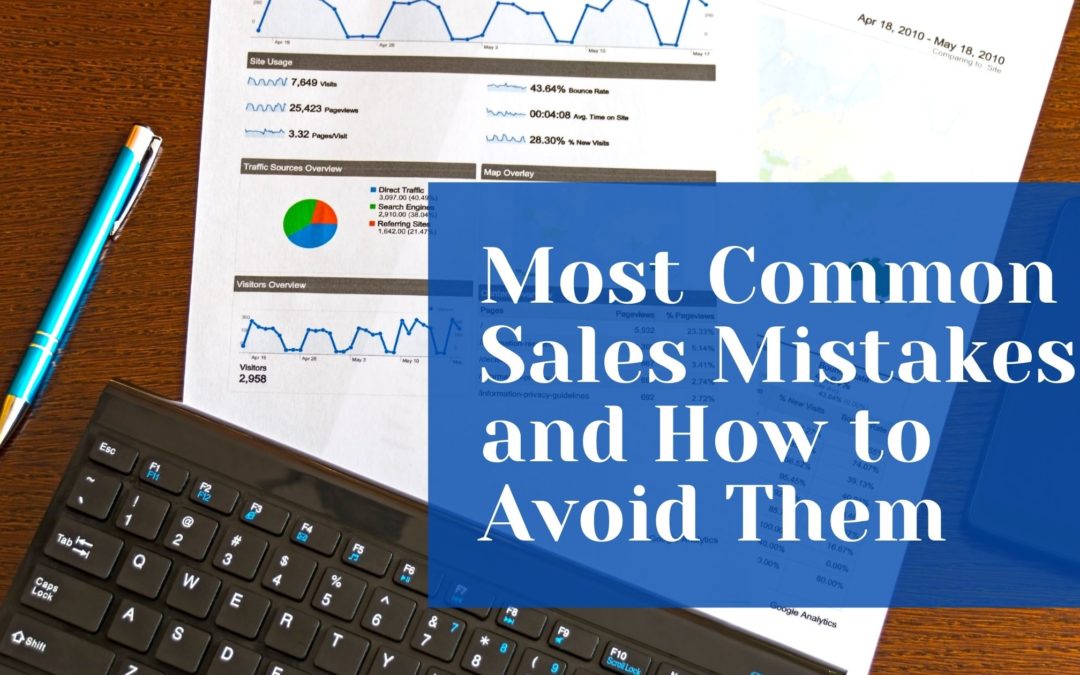Every industry has a learning curve. This is true even in sales, where many salespeople have to learn the hard way about what does and does not work. It is all too easy to make a mistake – what is essential is that one understands how to avoid making that mistake a second time.
Many salespeople tend to make the same mistakes. With that in mind, here are some of the most common sales mistakes and how to avoid them. Ideally, this will help those new to the idea avoid a misstep here and there.
Trying to Sell to the Wrong People
Businesses have target audiences for a reason. A company’s target audience would be the people most likely to need a company’s products or services. Naturally, a company (and its salespeople) want to focus on those most likely to enjoy the product or service.
In other words, it can be a huge mistake to try and sell to people that have no interest in what the company does. To avoid making this mistake, understand the target audience, and understand how to spot those people.
Failing to Listen
It’s understandable how a salesperson might get a little too excited about their product. However, the temptation to fit as many words into a pitch as possible does have a negative effect. It tends to leave potential buyers feeling pressured – a feeling nobody enjoys.
It is best to leave room for conversation, including open-ended questions and the like. This gives the salesperson time to listen, which will have a positive impact on the potential sale.
Focusing on Price Over Value
We’ve all seen a sales pitch where the seller was so focused on the price that it was difficult to tell what the product was. Or what the actual value of the product was. Unfortunately, many people believe that focusing on the price will increase sales.
However, this is not entirely accurate. If a potential customer doesn’t understand the product or its value, it will matter very little to them in the long run.
Not Maintaining Records
It may be difficult to see how record-keeping may be relevant to sales, but looking at the big picture will help clarify this. Management (and salespeople) should make a point of keeping records of every transaction, even the failed ones.
This allows a company to understand better what does and does not work. More than that, it can help improve coaching and training. Ultimately, a sound record system can result in a better salesforce.
